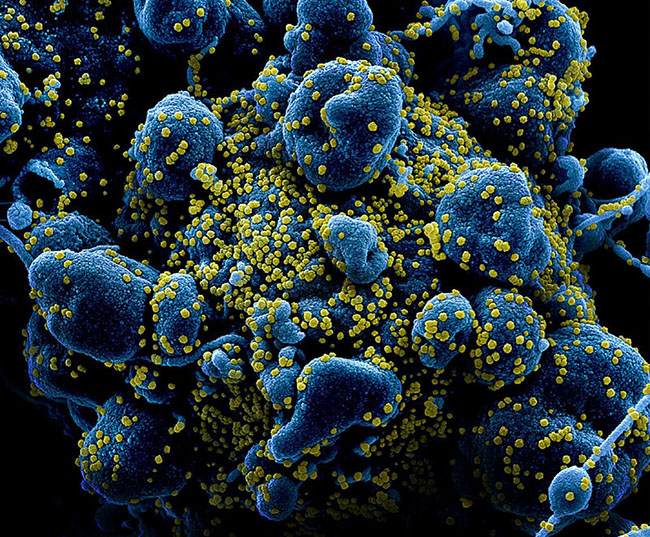Substance use disorders linked to COVID-19 susceptibility
A National Institutes of Health-funded study found that people with substance use disorders (SUDs) are more susceptible to COVID-19 and its complications. The research, published today in Molecular Psychiatry, was co-authored by Nora D. Volkow, M.D., director of the National Institute on Drug Abuse (NIDA). The findings suggest that health care providers should closely monitor patients with SUDs and develop action plans to help shield them from infection and severe outcomes.
By analyzing the non-identifiable electronic health records (EHR) of millions of patients in the United States, the team of investigators revealed that while individuals with an SUD constituted 10.3% of the total study population, they represented 15.6% of the COVID-19 cases. The analysis revealed that those with a recent SUD diagnosis on record were more likely than those without to develop COVID-19, an effect that was strongest for opioid use disorder, followed by tobacco use disorder. Individuals with an SUD diagnosis were also more likely to experience worse COVID-19 outcomes (hospitalization, death), than people without an SUD.
“The lungs and cardiovascular system are often compromised in people with SUD, which may partially explain their heightened susceptibility to COVID-19,” said Dr. Volkow. “Another contributing factor is the marginalization of people with addiction, which makes it harder for them to access health care services. It is incumbent upon clinicians to meet the unique challenges of caring for this vulnerable population, just as they would any other high-risk group.”

Colorized scanning electron micrograph of an apoptotic cell (blue) heavily infected with SARS-COV-2 virus particles (yellow), isolated from a patient sample.
This page was last updated on Friday, January 21, 2022